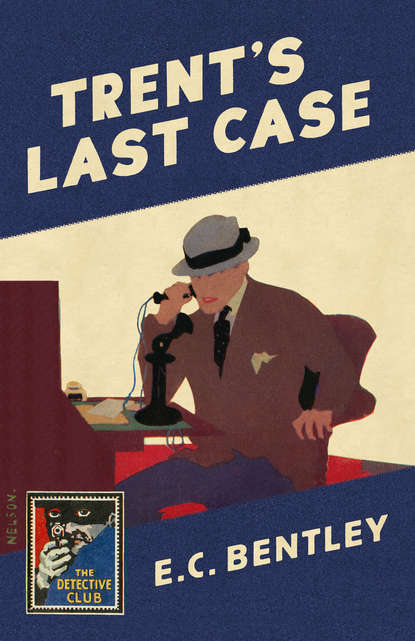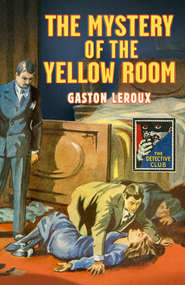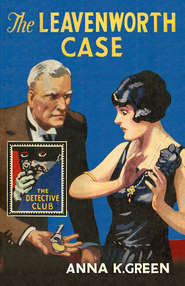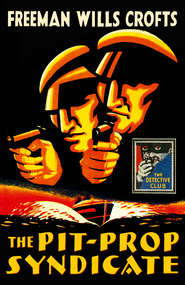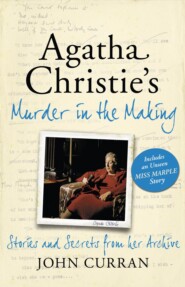По всем вопросам обращайтесь на: info@litportal.ru
(©) 2003-2024.
✖
Trent’s Last Case
Автор
Год написания книги
2019
Настройки чтения
Размер шрифта
Высота строк
Поля
‘After an hour or thereabouts, sir, in the library. That would have been about a quarter past eleven, I should say; I had noticed eleven striking from the church. I may say I am peculiarly quick of hearing, sir.’
‘Mr Manderson had rung the bell for you, I suppose. Yes? And what passed when you answered it?’
‘Mr Manderson had put out the decanter of whisky and a syphon and glass, sir, from the cupboard where he kept them—’
Trent held up his hand. ‘While we are on that point, Martin, I want to ask you plainly, did Mr Manderson drink very much? You understand this is not impertinent curiosity on my part. I want you to tell me, because it may possibly help in the clearing up of this case.’
‘Perfectly, sir,’ replied Martin gravely. ‘I have no hesitation in telling you what I have already told the inspector. Mr Manderson was, considering his position in life, a remarkably abstemious man. In my four years of service with him I never knew anything of an alcoholic nature pass his lips, except a glass or two of wine at dinner, very rarely a little at luncheon, and from time to time a whisky and soda before going to bed. He never seemed to form a habit of it. Often I used to find his glass in the morning with only a little soda water in it; sometimes he would have been having whisky with it, but never much. He never was particular about his drinks; ordinary soda was what he preferred, though I had ventured to suggest some of the natural minerals, having personally acquired a taste for them in my previous service. He used to keep them in the cupboard here, because he had a great dislike of being waited on more than was necessary. It was an understood thing that I never came near him after dinner unless sent for. And when he sent for anything, he liked it brought quick, and to be left alone again at once. He hated to be asked if he required anything more. Amazingly simple in his tastes, sir, Mr Manderson was.’
‘Very well; and he rang for you that night about a quarter past eleven. Now can you remember exactly what he said?’
‘I think I can tell you with some approach to accuracy, sir. It was not much. First he asked me if Mr Bunner had gone to bed, and I replied that he had been gone up some time. He then said that he wanted someone to sit up until 12.30, in case an important message should come by telephone, and that Mr Marlowe having gone to Southampton for him in the motor, he wished me to do this, and that I was to take down the message if it came, and not disturb him. He also ordered a fresh syphon of soda water. I believe that was all, sir.’
‘You noticed nothing unusual about him, I suppose?’
‘No, sir, nothing unusual. When I answered the ring, he was seated at the desk listening at the telephone, waiting for a number, as I supposed. He gave his orders and went on listening at the same time. ‘When I returned with the syphon he was engaged in conversation over the wire.’
‘Do you remember anything of what he was saying?’
‘Very little, sir; it was something about somebody being at some hotel—of no interest to me. I was only in the room just time enough to place the syphon on the table and withdraw. As I closed the door he was saying, “You’re sure he isn’t in the hotel?” or words to that effect.’
‘And that was the last you saw and heard of him alive?’
‘No, sir. A little later, at half-past eleven, when I had settled down in my pantry with the door ajar, and a book to pass the time, I heard Mr Manderson go upstairs to bed. I immediately went to close the library window, and slipped the lock of the front door. I did not hear anything more.’
Trent considered. ‘I suppose you didn’t doze at all,’ he said tentatively, ‘while you were sitting up waiting for the telephone message?’
‘Oh no, sir. I am always very wakeful about that time. I’m a bad sleeper, especially in the neighbourhood of the sea, and I generally read in bed until somewhere about midnight.’
‘And did any message come?’
‘No, sir.’
Вы ознакомились с фрагментом книги.
Приобретайте полный текст книги у нашего партнера:
Приобретайте полный текст книги у нашего партнера:





